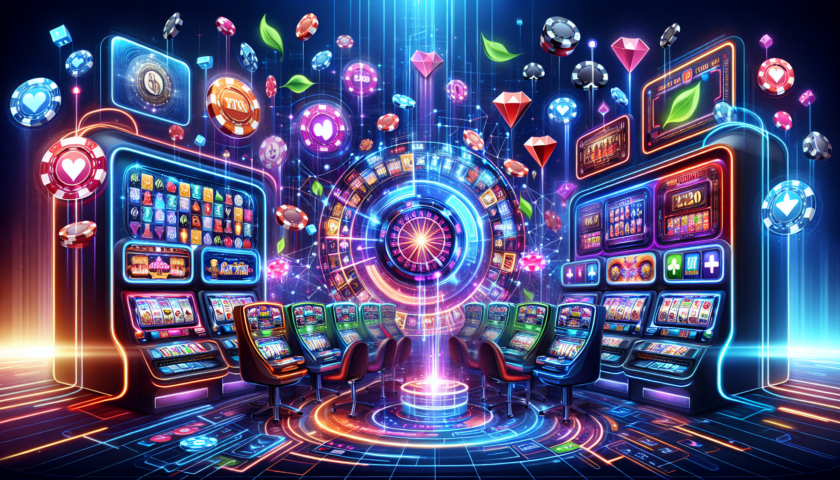Online gaming platforms have evolved far beyond just digital spaces where players compete or cooperate in virtual worlds. In recent years, one of the most transformative shifts has been the incorporation of social elements, blurring the lines between gaming and social networking. These platforms are no longer just about gameplay but also about creating connections, communities, and experiences that extend beyond the screen. This article explores how social integration has changed the landscape of Hoki805 online gaming platforms, making them multifaceted digital hubs that cater to a wide range of user interests.
The Rise of Social Gaming Platforms
Online gaming has historically been a solitary experience for many players, with multiplayer modes adding a layer of social interaction. However, platforms like Discord, Twitch, and more recently, Roblox, have introduced entirely new dynamics. These platforms don’t just serve as spaces to play games—they offer robust social features like messaging, voice chat, live streaming, and user-generated content, all woven into the fabric of the gaming experience.
For instance, Discord, initially launched as a simple voice communication tool for gamers, now boasts millions of users across different types of communities. It allows users to engage in casual chat rooms, host live voice calls, stream gameplay to friends, and share media, making it a central hub for gamers and non-gamers alike.
Similarly, Twitch has transformed from a live streaming service for video games into a full-blown social media platform. Beyond watching live gameplay, viewers can interact with streamers in real-time through chat, subscribe to their channels, and even support them financially through donations. This interaction creates a unique relationship between creators and their audience, forming a new layer of social engagement.
The Role of User-Generated Content
One of the key aspects of modern online gaming platforms is the integration of user-generated content (UGC). Games like Roblox and Minecraft have become digital worlds not only for playing games but for creating them as well. Players can build, design, and share their own game experiences, fostering a sense of ownership and creativity that wasn’t traditionally part of gaming.
In Roblox, users have access to an extensive suite of development tools that allow them to craft everything from simple obstacle courses to complex multiplayer games. The platform also offers a social space where players can meet up, collaborate on projects, and share their creations. This merging of gaming and social media allows players to form friendships, build communities, and even make a living off their creations through virtual sales.
Socializing Beyond Gameplay
The influence of social integration extends far beyond in-game interactions. For example, Fortnite, while primarily known for its battle royale gameplay, has incorporated social features like live events, concerts, and in-game cinematic experiences that turn the game into a social event in itself. Players can watch a live concert by a popular artist or participate in in-game events that offer unique rewards and interactions. These events serve to bring players together, often attracting millions of participants simultaneously, creating a shared experience that transcends gaming.
Another standout is Animal Crossing: New Horizons on the Nintendo Switch. During the COVID-19 pandemic, the game became a virtual haven where players could visit friends’ islands, share resources, and celebrate in-game holidays together. It highlighted how online platforms could serve as safe spaces for socializing, especially when physical interactions were restricted.
The Future of Social Integration in Gaming
The future of online gaming platforms lies in even deeper social integration, driven by technologies like virtual reality (VR) and augmented reality (AR). Companies are increasingly looking at the potential for fully immersive, social gaming environments where players can interact with each other in digital worlds that feel as real as physical ones.
Platforms like Meta’s Horizon Worlds and Microsoft’s Mesh are already exploring this future. In Horizon Worlds, players can create and explore virtual environments together in VR, interacting with one another through avatars and engaging in both gaming and non-gaming activities. Such platforms are likely to evolve into even more sophisticated social spaces, where gamers can meet up, attend concerts, watch films, or even participate in virtual work meetings—all while still enjoying the interactivity and freedom that gaming provides.
